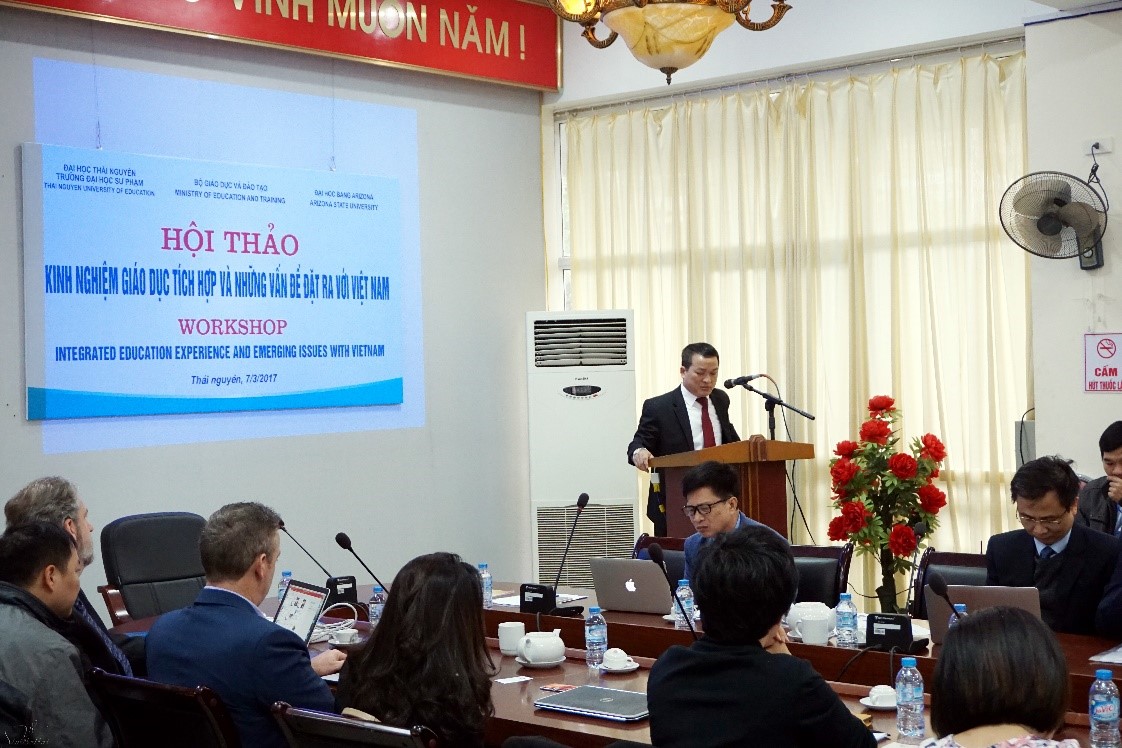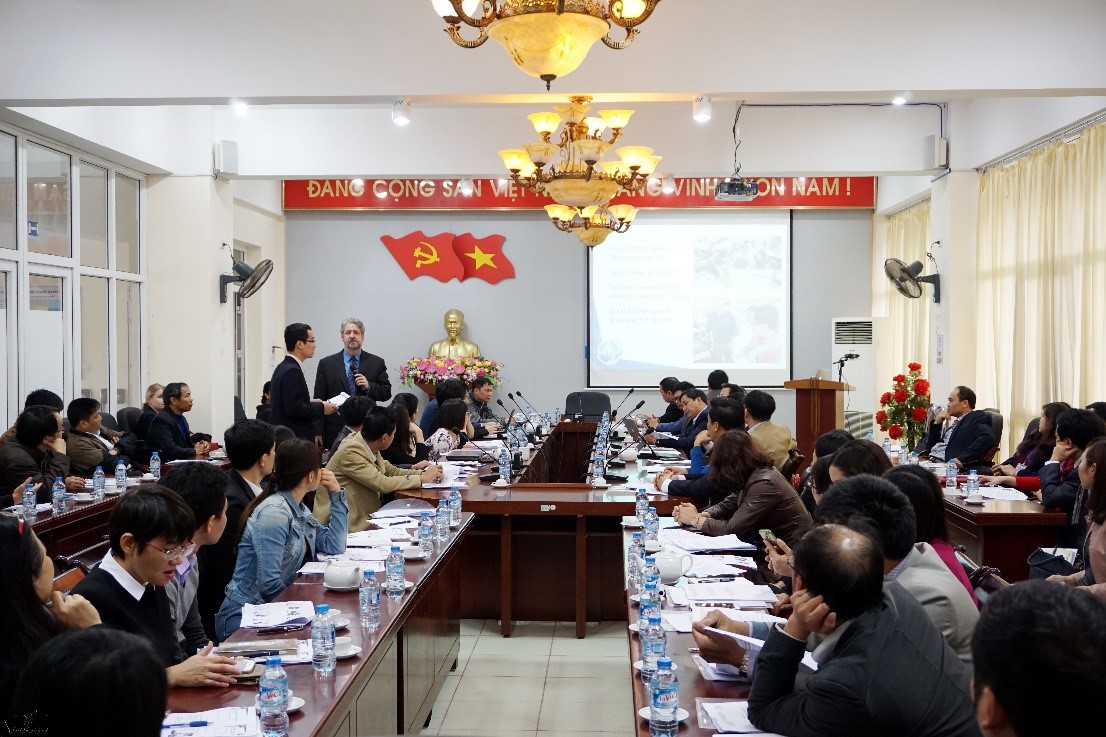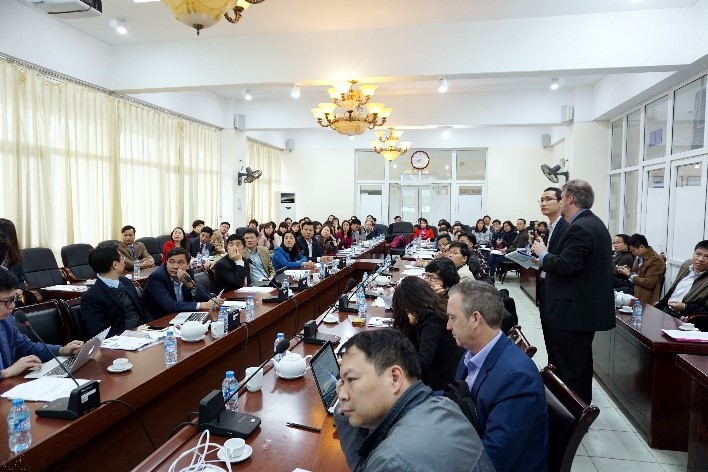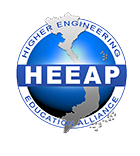Together with the Secondary Education Department of the Ministry of Education and Training (MOET) and Arizona State University, Thai Nguyen University of Education hosted a half-day workshop titled “Integrated Education: Experience and Emerging Issues in Vietnam.” The workshop took place on March 7, 2017 with 70 participants, including leaders and experts from the Department of Secondary Education, MOET, administrators and lecturers from Thai Nguyen University of Education, STEM education specialists, secondary school principals and STEM teachers, and representatives from ASU, Microsoft Vietnam and the British Council.

The opening remarks were given by Professor Pham Hong Quang, Rector of Thai Nguyen University of Education
The workshop was aimed at raising the awareness and skill for senior managers and secondary teachers to apply the integrated teaching of STEM in the orientation of developing student capacity, and also included recommendations on K-12 integrated STEM education for MOET.
After the opening remarks by Professor Pham Hong Quang, Rector of Thai Nguyen University of Education, David Benson, Academic Director of the Vietnam Higher Engineering Education Alliance Program (HEEAP) at ASU, led an interactive session on the topic “New Instructional Methods for STEM Secondary Education.” Through this popular hands-on session, workshop participants eagerly learned the applied teaching strategies and approaches to consider for secondary education curriculum.

David Benson's interactive session on "New Instructional Methods for STEM Secondary Education" was well received.
Through presentations by Associate Professor Le Huy Hoang, Dean of the Engineering Department of Hanoi University of Education and Ho Vinh Thang, Officer of the Secondary Education Department, participants gained a better understanding of the background and application of integrated education. They were also updated on how the integrated education pilot project was well received at all 15 schools where it had been implemented.
A highlight of the conference included presentations from five of the secondary schools from the northern provinces of Vietnam who participated in the pilot project. The schools shared the advantages and disadvantages they faced with the application of the new teaching method. They discovered that while teachers saw value in the project, teachers with more years of experience found it more difficult to adapt their teaching methods. All teachers reported it challenging to include both standard curriculum material and new learning activities in the limited amount of class time available. Benson, who has been teaching project based learning and integrated education for years at universities in the U.S. and Vietnam, shared his insight and recommendations to ease the transition to integrated teaching.

There were 70 participants in total, representing leaders and experts of the Department of Secondary Education, MOET; administrators and lecturers of Thai Nguyen University of Education, STEM education specialists, principals and teachers of sciences of the secondary schools, and representatives from ASU; Microsoft Vietnam Company; and British Council.
The success of the workshop was emphasized at the close of the day when Nguyen Trong Hoan, Deputy Director of the Secondary Education Department, Ministry of Education and Training, stated that he and the workshop participants fully supported the integration of science, technology, engineering and math into curriculum for secondary schools. Participants requested additional training sessions and suggested that HEEAP be redesigned for secondary schools in Vietnam.
As a next step, ASU will develop a project proposal to support MOET to continue building integrated STEM education into the base curriculum at the secondary level.
BY PHUONG TRAN

